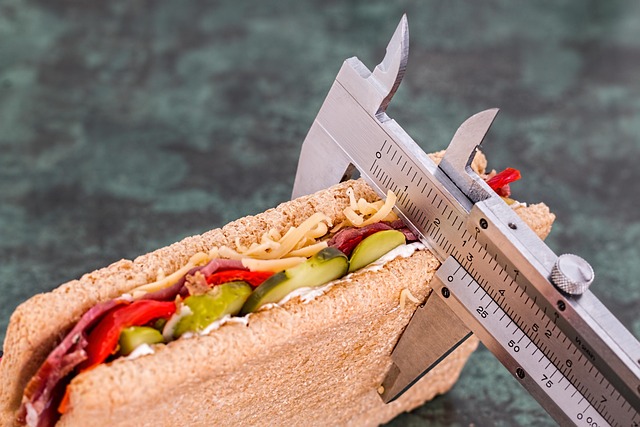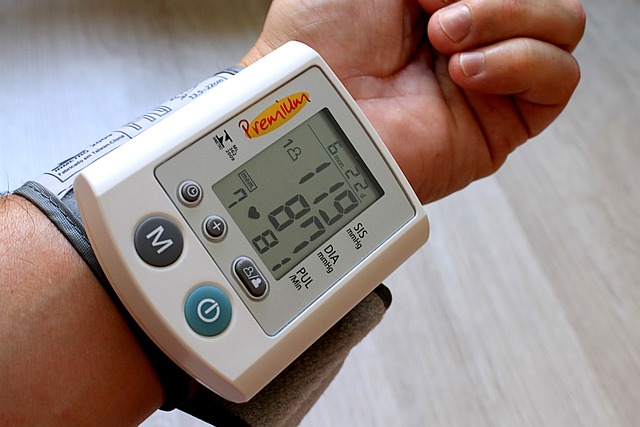Daily Calorie Intake Calculator
Understanding how many calories your body needs each day is the first step toward achieving your health and fitness goals. Whether you want to maintain your current weight, lose fat, or build muscle, knowing your daily energy requirements helps you make better food choices and stay on track.
This calculator estimates your Basal Metabolic Rate (BMR), your Total Daily Energy Expenditure (TDEE) based on activity level, and then adjusts the result according to your chosen goal. It works with both metric and imperial units, making it easy for anyone to use.
Simply enter your age, sex, height, weight, activity level, and desired goal — and the tool will instantly provide your recommended daily calorie intake.
How to calculate your daily calorie intake: a complete guide
When it comes to achieving health and fitness goals, calories are king. Every activity you perform — from sleeping and working to exercising — requires energy. That energy comes from the calories in the food and drinks you consume. But how many calories do you really need each day? The answer isn’t one-size-fits-all. It depends on several factors, including age, sex, height, weight, activity level, and personal goals.
Our Daily Calorie Intake Calculator above gives you a personalized estimate. In this article, we’ll dive deeper into how it works, why it matters, and how you can use the results to make smarter lifestyle choices.
What is BMR (basal metabolic rate)?
Your basal metabolic rate (BMR) is the number of calories your body needs at rest — simply to keep you alive. This includes essential functions like breathing, circulation, hormone production, and maintaining body temperature.
-
Men’s formula (Mifflin-St Jeor):
BMR = 10 × weight (kg) + 6.25 × height (cm) – 5 × age (y) + 5 -
Women’s formula (Mifflin-St Jeor):
BMR = 10 × weight (kg) + 6.25 × height (cm) – 5 × age (y) – 161
👉 Example: A 30-year-old man weighing 70 kg and standing 175 cm tall has a BMR of about 1665 calories/day. This means his body burns that much energy even if he rests all day.
BMR is the foundation of calorie calculations, but it does not include activity or exercise — that’s where TDEE comes in.
What is TDEE (total daily energy expenditure)?
While BMR accounts for survival, it doesn’t reflect daily activity. That’s where TDEE comes in.
TDEE = BMR × Activity Factor
Activity multipliers are:
-
Sedentary (little or no exercise): 1.2
-
Lightly active (1–3 workouts/week): 1.375
-
Moderately active (3–5 workouts/week): 1.55
-
Active (6–7 workouts/week): 1.725
-
Very active (physical job + training): 1.9
👉 Example: Using the man above (BMR = 1665), if he is moderately active, his TDEE would be 1665 × 1.55 ≈ 2580 calories/day. This is his “maintenance level.”
Adjusting calories for your goal
Once you know your TDEE, the next step is adjusting it based on your objective.
-
Maintain weight → Eat at your TDEE
-
Lose weight (slow pace) → TDEE – 250 kcal/day (≈0.25 kg/week)
-
Lose weight (faster pace) → TDEE – 500 kcal/day (≈0.5 kg/week)
-
Gain weight (slow pace) → TDEE + 250 kcal/day
-
Gain weight (faster pace) → TDEE + 500 kcal/day
⚠️ Important safety note: Very low-calorie diets (<1200 kcal/day for women, <1500 kcal/day for men) can be unsafe. Always aim for a sustainable, moderate deficit.
👉 Example: If our man’s TDEE is 2580 and he wants to lose weight, he should consume about 2080–2330 calories per day, depending on how aggressive his plan is.
The role of macronutrients
Calories are only part of the picture. The type of calories matters for body composition, energy levels, and long-term health.
-
Protein (4 kcal per gram): crucial for muscle repair, recovery, and satiety.
-
Carbohydrates (4 kcal per gram): primary energy source for the brain and muscles.
-
Fat (9 kcal per gram): essential for hormone production, brain function, and vitamin absorption.
A balanced macronutrient split for most people is:
-
45–55% carbohydrates
-
25–35% fats
-
20–30% protein
👉 Example: On a 2200 kcal diet, this could mean:
-
275 g carbs
-
73 g fat
-
132 g protein
Factors that influence calorie needs
Calorie requirements are highly individual. Some of the most important influencing factors include:
-
Age: Younger people usually burn more calories.
-
Sex: Men often have more lean muscle mass, leading to higher needs.
-
Muscle mass: More muscle = higher calorie burn.
-
Genetics: Some people naturally burn calories faster (fast metabolism).
-
Lifestyle: A desk job vs. a physically demanding job makes a big difference.
-
Exercise routine: The intensity, frequency, and type of workouts all matter.
This is why calorie calculators provide an estimate, not an absolute truth. Adjust your intake based on real-world progress.
Practical tips for managing calorie intake
-
Track your food — Apps or food diaries give a clearer picture of your habits.
-
Use a kitchen scale — Measuring portions is more accurate than guessing.
-
Focus on whole foods — Vegetables, lean proteins, and whole grains keep you full.
-
Plan your meals — Prepping helps you stay consistent and avoid overeating.
-
Limit liquid calories — Alcohol, sodas, and lattes add up quickly.
-
Stay hydrated — Thirst is often mistaken for hunger.
-
Review progress weekly — If weight isn’t moving, adjust by ±100–200 kcal.
Frequently asked questions
1. How accurate are calorie calculators?
They provide a reliable estimate, but individual metabolism varies. Always track your results and adjust if needed.
2. Should I eat back exercise calories?
If you log exercise separately, you may need extra calories for recovery. But avoid “double counting” activity if you already chose an active lifestyle factor.
3. Can I lose weight without counting calories?
Yes, by eating whole foods and controlling portions. But counting gives more precision and helps you understand your body better.
4. Do I need to count calories forever?
Not necessarily. Many people use calorie tracking as a short-term learning tool, then transition to intuitive eating once they understand portion sizes.
Knowing your daily calorie needs is one of the most powerful tools for managing your health. With the Daily Calorie Intake Calculator above, you can set realistic goals, adjust your nutrition, and see steady progress.
The key is not just counting calories but building sustainable habits: eating a balanced diet, exercising regularly, and making small, consistent changes. Over time, these choices add up to long-term health, energy, and body composition improvements.
Image(s) used in this article are either AI-generated or sourced from royalty-free platforms like Pixabay or Pexels.
Did you enjoy this article? Buy me a coffee!






